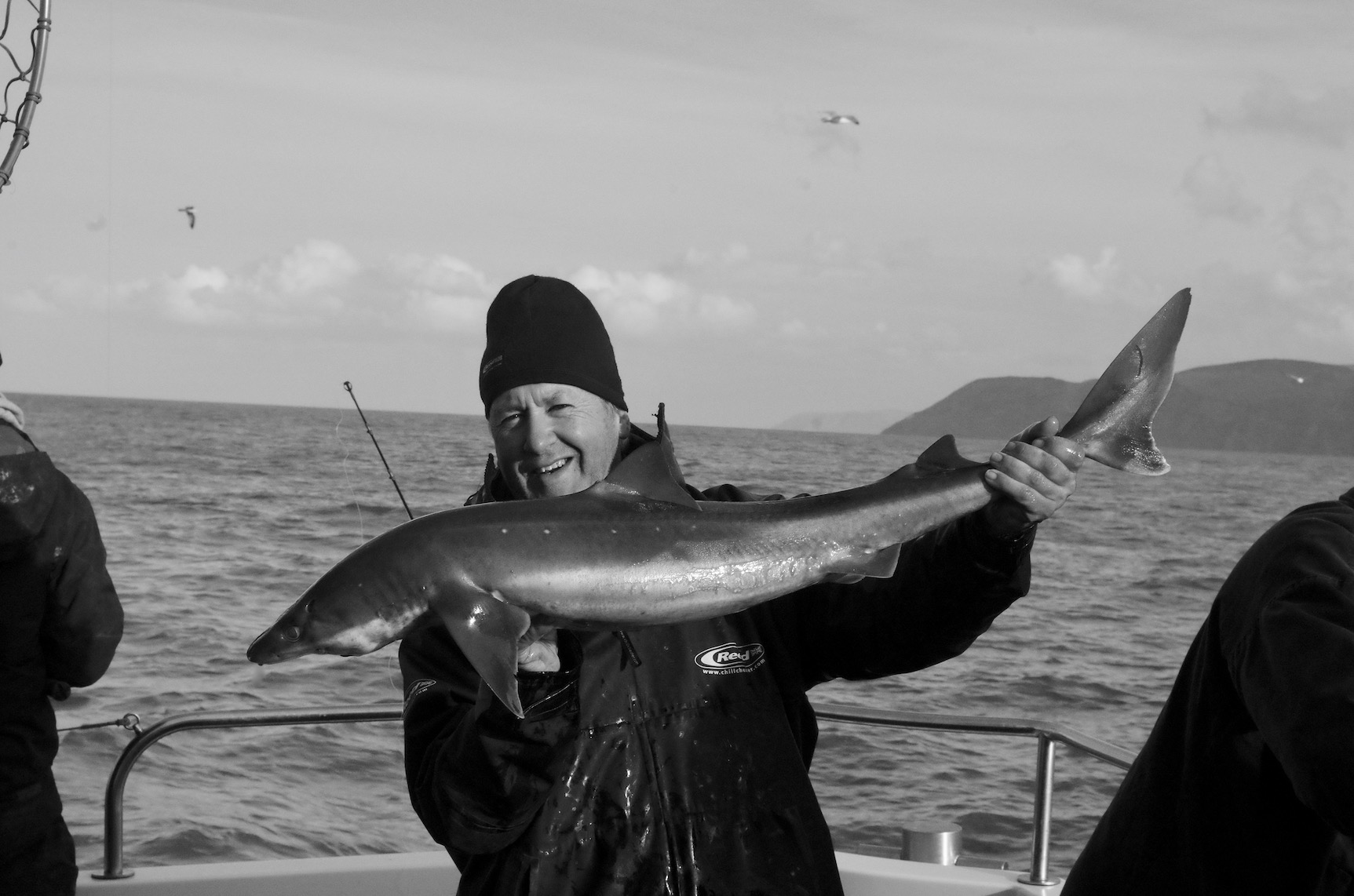Announcement
Representatives from the Angling Trust and the Pat Smith Database met today (25th March 2024) with the new Defra policy team leading on spurdog management. During the meeting, we emphasised the importance of large spurdogs to both the recreational sector and the overall sustainability of the stock.
Having already lived through one population crash, over 80 recreational charter skippers have signed a letter to the Fisheries Minister, Mark Spencer, calling for the government to continue with a precautionary approach to reopening the commercial fishery and maintaining the 100cm slot size.
In our view, spurdog are worth far more to the recreational sector than to the commercial sector, where they are often fetching a mere 30p/kilo.
We voiced concern over the government seeking to invest in expanding commercial markets and processing infrastructure for spurdog when there seems to be little demand for them. The UK government must not continue with boom-and-bust fisheries management.
We are also calling for Defra to fund a study on the recreational socio-economic value of the spurdog fishery to ensure government can make informed decisions that account for the needs of all stakeholders.

